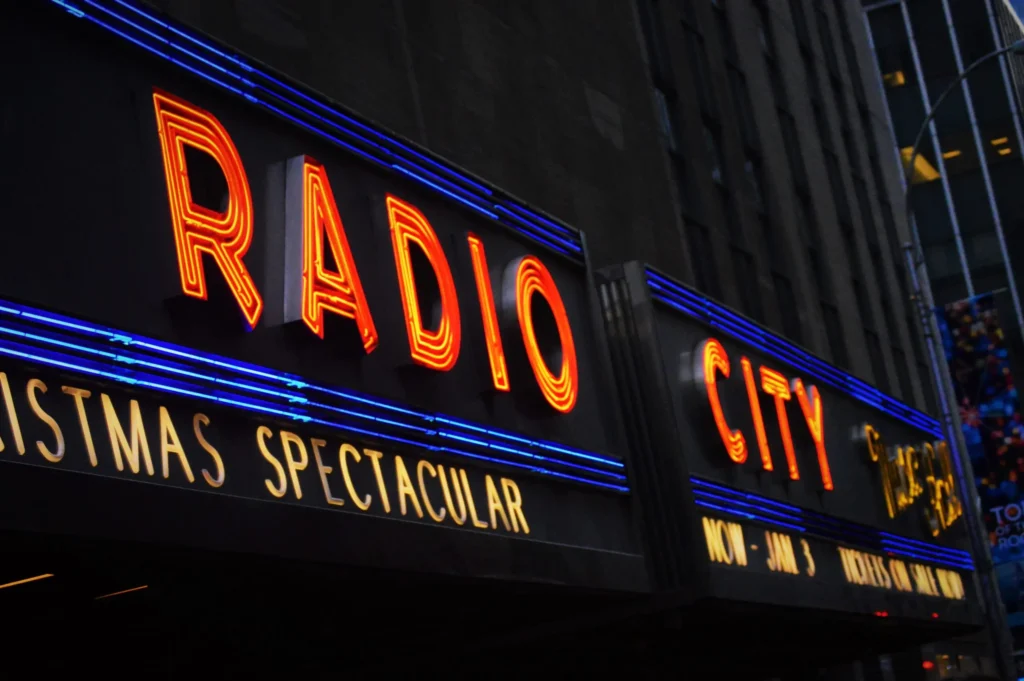AI-Powered Chatbot Takes on Traditional Radio
In a world where artificial intelligence and machine learning are changing the way we consume media, it comes as no surprise that ChatGPT, an AI-powered chatbot, is entering the realm of radio. With the recent news of NPR’s layoffs, the radio industry is undergoing a significant transformation. ChatGPT offers an innovative solution that could potentially revolutionize the industry.
ChatGPT is a language model developed by OpenAI that is capable of generating natural language responses to questions and prompts. Its primary use has been in chatbots and digital assistants, but it has also been utilized in content creation and curation. Now, ChatGPT is exploring new territory by venturing into AI radio.
The rise of podcasting and audiobooks has already challenged traditional radio, but ChatGPT takes it a step further. It has the potential to offer a personalized listening experience that goes beyond what traditional radio can offer. ChatGPT can generate content based on the listener’s preferences and provide them with relevant news, music, and other forms of entertainment.
One of the significant advantages of ChatGPT is its ability to learn and adapt. As listeners interact with ChatGPT, it can refine its understanding of their preferences and tailor content to their interests. This level of personalization is something that traditional radio cannot match. With the rise of streaming services like Spotify and Apple Music, people are already accustomed to receiving personalized recommendations, and ChatGPT is taking that to the next level.
Another advantage of ChatGPT is its scalability.
Traditional radio stations are limited by their geographic reach, but ChatGPT can reach anyone with an internet connection. This means that ChatGPT has the potential to reach a global audience and provide localized content based on the listener’s location. It can also generate content in multiple languages, making it accessible to a broader audience.
The future of radio is uncertain
ChatGPT presents an exciting opportunity for the industry. It offers a personalized and scalable solution that can potentially revitalize the medium. With its ability to learn and adapt, ChatGPT can provide a listening experience that is tailored to each individual’s preferences.
However, there are also potential drawbacks to the use of AI in radio. One concern is the loss of human connection. Traditional radio hosts are known for their ability to connect with their audience and create a sense of community. ChatGPT, being an AI-powered chatbot, may not be able to replicate this level of human interaction.
Another concern is the potential for bias. As with any AI system, ChatGPT’s recommendations and content may be influenced by its training data, which could result in bias towards certain topics or perspectives. It is essential to ensure that ChatGPT’s content is unbiased and representative of diverse viewpoints.
Conclusion
ChatGPT’s entry into radio presents both opportunities and challenges for the industry. Its ability to offer personalized content and reach a global audience is a significant advantage, but it may also lack the human connection that is essential to radio. As the radio industry continues to evolve, it will be interesting to see how ChatGPT and other AI-powered solutions shape its future.





More Stories
Spotify’s Video Podcast Takeover: YouTubers Dominate Homepage
From Obscurity to Symphony: Vinyl’s Epic Revival in the Thriving Music Industry